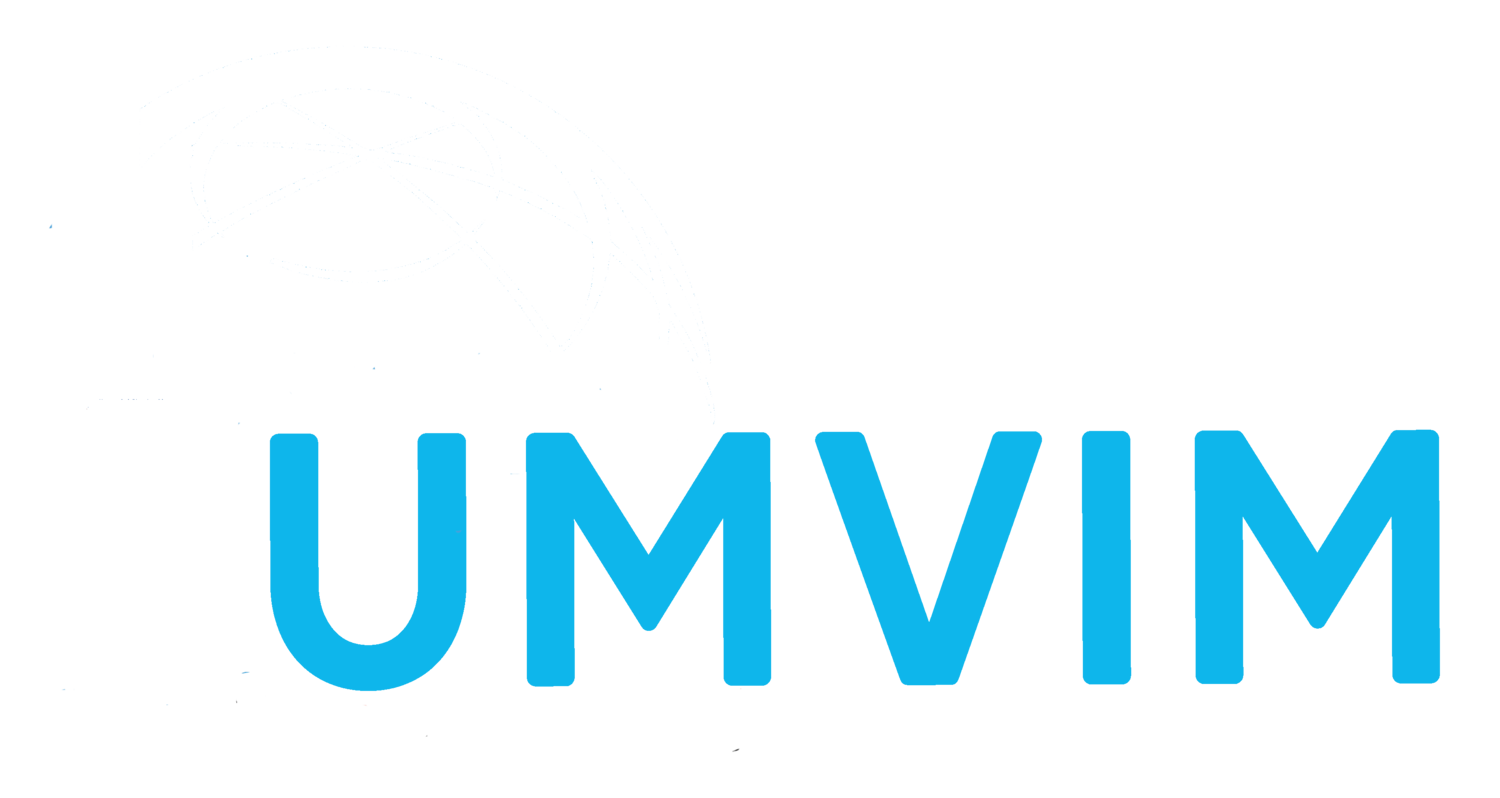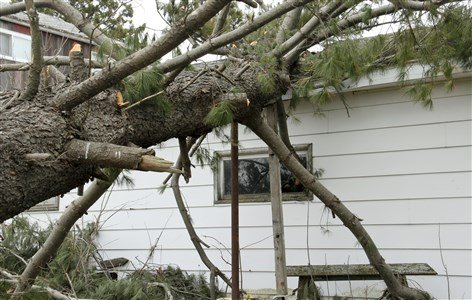Storms of December 11th
UPDATED 30 JAN 2022
Multiple tornadoes have ravaged areas of the Southeast and South Central, and North Central Jurisdictions, including Kentucky, Tennessee, Illinois, Arkansas, and more. Authorities and first responders are still accessing and the initial phase of response may take a while due to the damage. More information will be added to this page as it comes to UMVIM. As always, please do not go into affected areas without an invitation from authorities.
Kentucky Conference:
Please note: cash donations are best. Cash contributions allow professional relief organizations to purchase what is most urgently needed. Cash donations require no transportation costs and involve no workers for sorting or distribution. Cash donations allow relief supplies to be bought near the disaster site, thus stimulating the local economy and ensuring a quicker supply delivery.
Donate Through an Organization: It is essential to locate a reliable relief organization willing to receive the shipment of donated goods. When unsolicited truckloads arrive at a disaster site, there is often no place to unload. Often items become part of the debris that must be removed during the cleanup phase of the disaster response.
Local volunteers should affiliate before showing up: Instead of arriving unexpectedly in a disaster area, volunteers should register with a recognized volunteer agency.
Prepare for Self-Sufficiency: In most disasters, there are inadequate facilities for feeding, housing, personal hygiene, and medical needs for volunteers. It is best to affiliate with a recognized agency that will provide for these needs.
Be Patient and Flexible: Volunteers should be prepared to step into a variety of roles, depending on current or sudden needs. Volunteers expecting to enter a response or relief operation in a certain capacity will often be disappointed. Sometimes a volunteer’s unique talents are not immediately needed.
Know the Liability Situation: Volunteers should be certain that the volunteer agency with which they are affiliated has adequate liability insurance coverage. Volunteers not registered with a volunteer agency should assume that all liability is their own responsibility.
Volunteers a Coordinated Process: The use of volunteers is an organized process by which people with abilities, skills, and training are assigned to special tasks. Volunteers are most useful when they are able to do the right thing at the right time.
Commit to the Response Effort: Disaster work is often dirty, monotonous, mundane, and not glamorous. There is little individual recognition. Volunteers should be committed to work under such conditions and fit within plans that are coordinated by the volunteer agencies.
Confirm the Need: Make sure by communicating with your destination what exactly is needed.
Plan Transportation in Advance: Never assume that unsolicited relief supplies will be transported at no charge. Local trucking firms may be willing to help in times of disaster, if funds are available to cover part of the expense. Some volunteer agencies may have trucks going to the disaster area which can take donations, or they can identify another group in the area.
Ensure That Donated Items are Packed Well and Clearly Labeled: Specific content lists should be taped to the side of each box sent. This allows officials to determine quickly determine the contents without having to open the box. Clothing, if requested, should be sorted in separate boxes by gender, size, and season.
Do Not Send Small Items and Unsorted Clothing to Meet Local Needs: Miscellaneous, unrequested items and unsorted bags of clothing require a great deal of processing. Do not send such items to a disaster site. This type of donation may be more appropriate for a local charity, homeless shelter, or food bank.
Arkansas Annual Conference
At this time, Arkansas is not going to request outside ERT teams. The AR VOAD partners have pledged to work together and believe they will have that work finished up by the end of this week. However, they will need lots of long term recovery work in due time. More information to come.
Illinois Great River Conference
From Rebecca Klemm, Illinois Great Rivers CDRC: “the only major damage is the Amazon warehouse. Most homes just had minor storm damage.” Additional information will be added here as it comes available.

